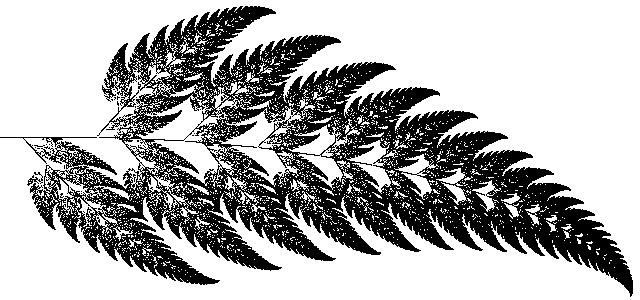
Measurement
and
Scale
 |
Measurement
|
|
Valuable Sites to Visit:
|
With fractals, we discovered that shapes exhibit the same same shape at smaller magnifications. Scale did not change the contours of the original shape. It repeated itself regardless of size. This brings a new understanding to scale and to measurement. The easiest way to understand this is to examine a fairly simple problem. What is the length of the coastline of Britain? Benoit Mandelbrot proposed this question to demonstrate the complexity of measurement and scale. There are a number of almanacs that provide this information. However, if one examines the measuring techniques used to determine the length of Britian's coastline, it becomes obvious that this measurement is only an estimate based on the accuracy of the measuring device. Smaller units mean greater accuracy. But we can continue that line of thinking indefinitely., just as we do with fractions. There are always smaller fractions, an infinite number. Therefore, the coastline of Britain is an infinite length, however, it is confined within a finite space. We can begin to understand then that perimeter can have an infinite length confined within a finite area. Margaret Wheatly in Leadership and the New Science (1992) believes that it is by examining the qualities of fractal shapes that we can best begin to understand natural phenomena. Focusing on quantity will continue to prove frustrating since there are always smaller scales. This is move away from the traditional view of quantitative studies in science and math. A true revolution, but one that opens many doors. In the past, we relied on calculus to help us understand the area and the perimeter of irregular shapes by creating rectangles of smaller dimensions. But this also limited us to simple models. Perhaps, studies into the qualities of fractal shapes will permit a greater understanding of nature. At present, there is not a lot of information online about this aspect of fractal geometry, but the following activity and accompanying text may illustrate the concept more fully. Activity:
|
|
|
|
|
|
|
|
|
|
 |
| author: Kelleen Farrell | 1280 Roxie Court | Placerville, CA 95667 |
| copyright (c) 1998 | 530-295-0680 | 209-257-5537 |